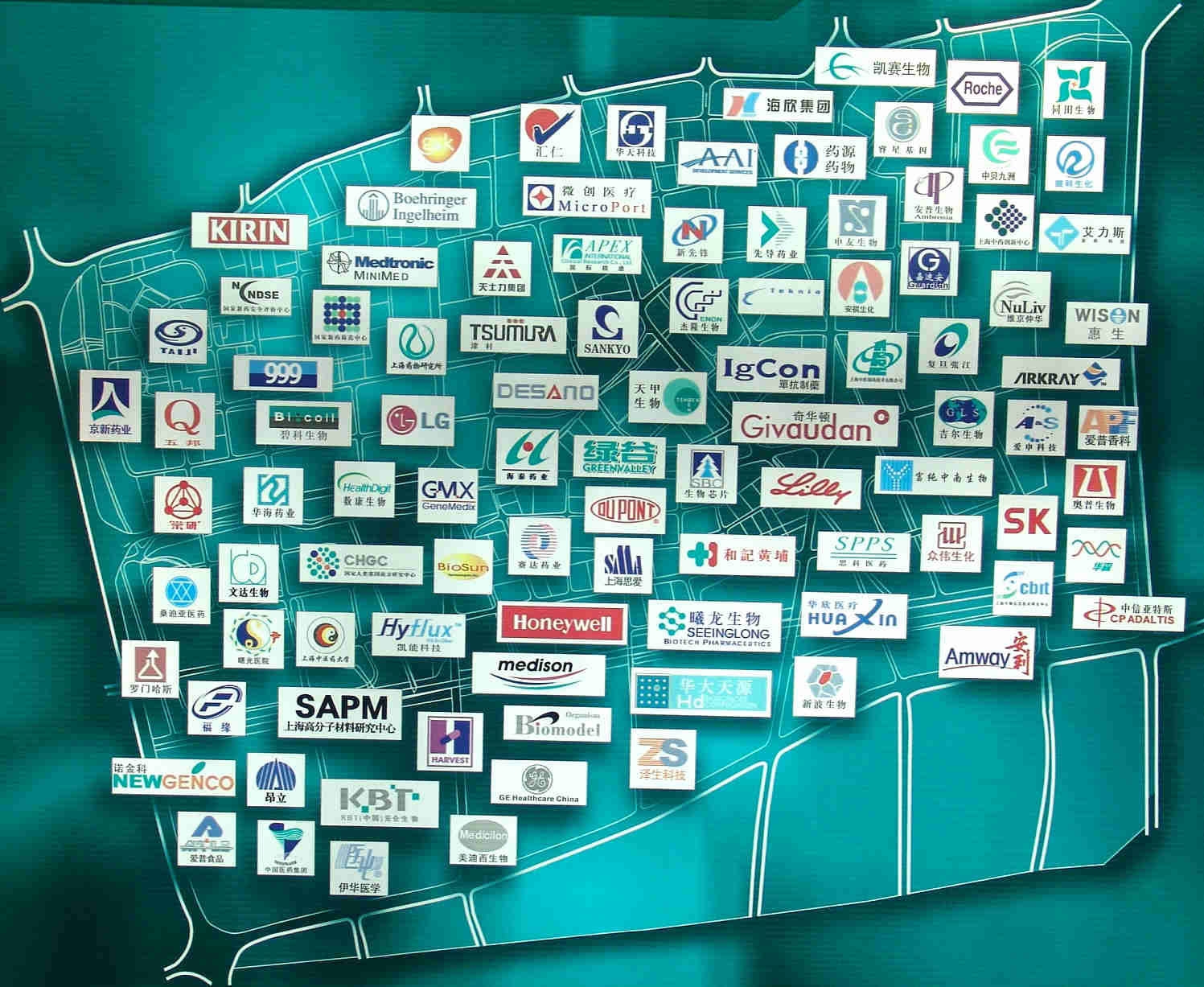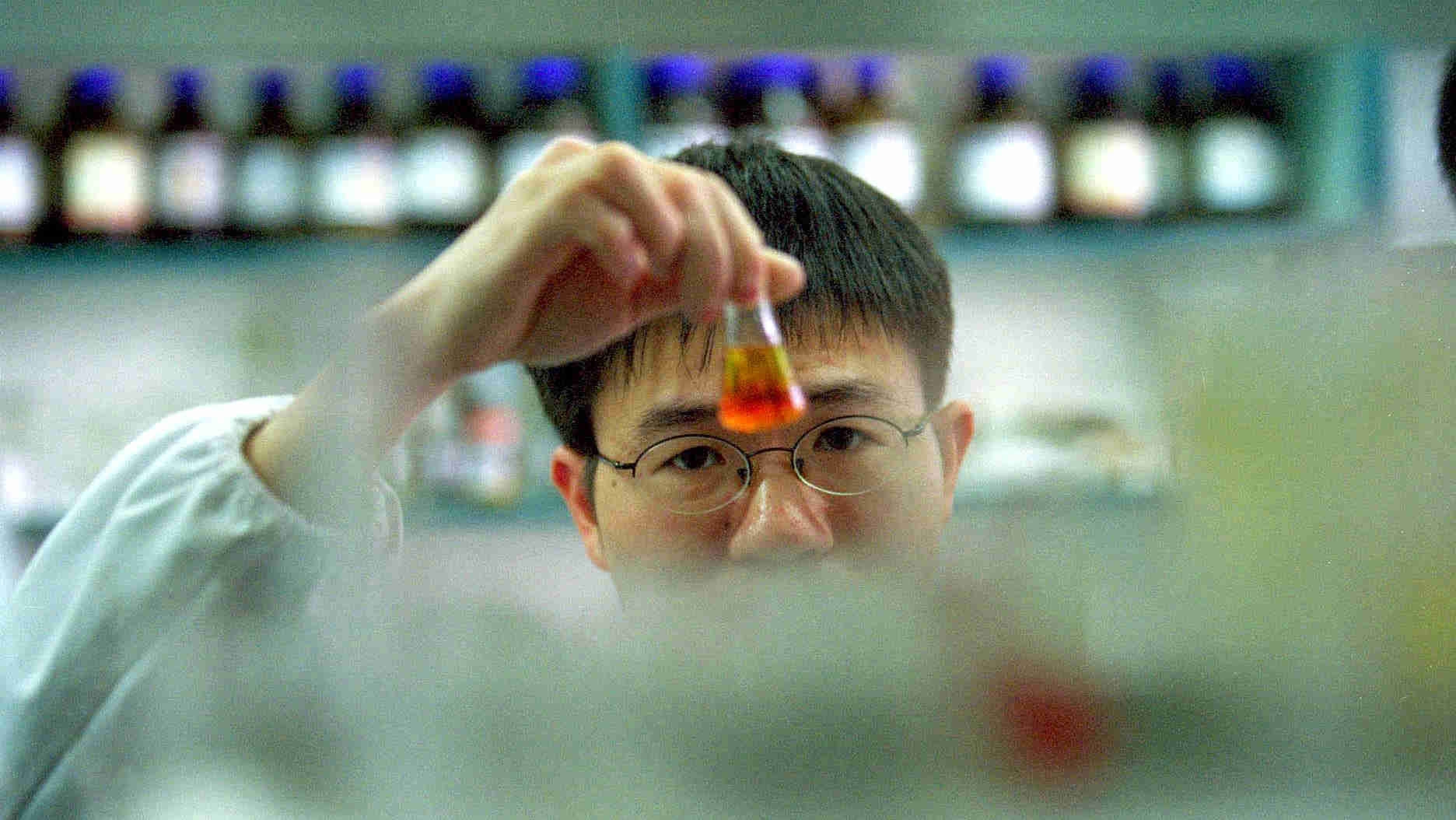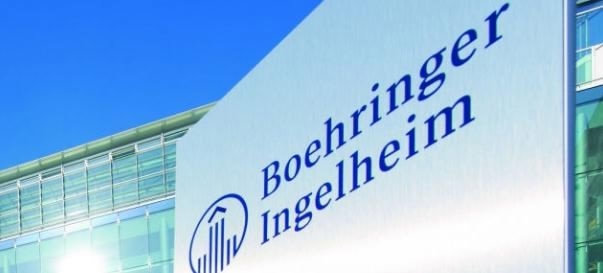Pilot program in China to commercialize new pharmaceutical drugs
2017-05-17 20:56 GMT+8
1076km to Beijing

Editor
Gao Yun
Chinese pharmaceutical companies have always found it difficult to commercialize their patents. A national pilot program will help to solve that problem.
More than 300 small- and medium-sized biopharma companies have settled in the Zhangjiang Hi-tech Park located in the Pudong district of Shanghai, which is part of the city's plans to strengthen medical research and development projects.

The map of Zhangjiang Medicine Valley in Shanghai. /CFP Photo
For the last four years, Zhangjiang's pharma companies have been showing great potential: one out of three new drug patents approved by the government now comes out of Zhangjiang, and one third of the government funding for new medicine research goes into Zhangjiang. But the end results aren't so good: very few of Zhangjiang's new drugs are ending up on sale.
The bottleneck lies with a long-standing regulation from the State Food and Drug Administration: pharmacy companies that want to market their new drugs have to produce the medicine at their own facility. But many companies don't have enough money to build a costly production line. So they have to sell their patents cheaply to other companies, making far less money than they would have if they can sell the drugs themselves.

An expert working in a center in the Zhangjiang Hi-tech Park. /CFP Photo
That's about to change, however. The Shanghai government is now working with a German pharmaceutical manufacturer to help more small- and medium-sized local pharmaceutical companies get their medicines to the market.
“The new government trial will help to save all that trouble. Companies with new drug patents approved can hire contract manufacturers to mass produce their drugs while still enjoying the patent rights,” said Wang Lanzhong, general manager of Shanghai Zhangjiang Biotech and Pharmaceutical Base Development Co., adding that this new system helps encourage more innovation, as research companies now don't have to worry about building facilities and can be more focused on R&D.
The company that will be doing the producing is the German firm Boehringer Ingelheim (BI), the first and only qualified contract manufacturer so far approved by the Zhangjiang government's pilot production plan.

The logo of the German firm Boehringer Ingelheim. /boehringer-ingelheim.com
The company has invested more than 70 million euros (about 78 million US dollars) in its first-phase project. At least four Chinese pharma companies have signed contracts with BI to industrialize their new drugs. Zhangjiang authorities also set up a 50 million yuan (about seven million US dollars) fund to insure the trial products.
BI says it hopes it will act as a bridge for China's young pharmacy companies to the rest of the world.
“We hope that this site in China will help improve the quality of the medicines here and help Chinese medicines enter global markets. We understand that different regions have different standards for new drugs, but we can solve that by improving quality so they can meet all the standards. Also, we can help foreign pharmaceutical companies enter China by introducing Chinese standards to them. So it can help companies both here and abroad,” said Luo Jiali, general manager of Boehringer Ingelheim Biopharmaceuticals.
In January this year, the National Development and Reform Commission issued the 13th Five-Year Plan for the Development of the Biopharmaceutical Industry, which specified the top priorities as being accelerating innovation, production and the industrialization of new medicines. The plan includes nine other similar pilot projects that are being launched nationwide.
1076km
Copyright © 2017
